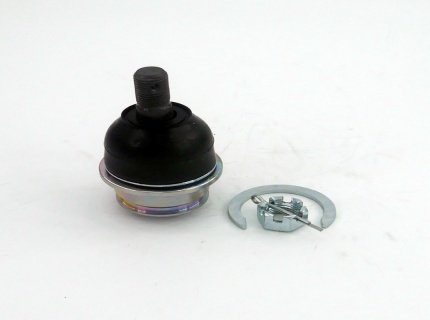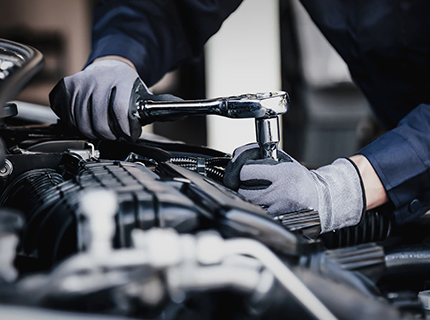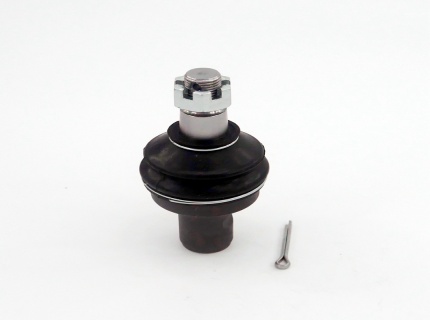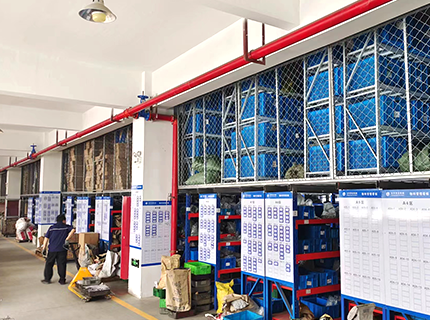## Understanding the Operations of a Custom Ball Joints Manufacturer
Custom ball joints are crucial components in various automotive and industrial applications, serving as a pivotal connection between different parts of a system. The manufacturer of these components employs a sophisticated blend of advanced technology and traditional methods to ensure high-quality products tailored to specific customer requirements.
The process begins with the design phase, where engineers utilize computer-aided design (CAD) software. This allows for precise modeling of each ball joint, considering factors such as load capacity, dimensions, and performance characteristics. This digital approach not only streamlines the design process but also reduces the possibility of errors, ensuring that specifications meet client demands flawlessly.
Once the design is finalized, the manufacturing phase commences. The key components of a ball joint include the housing, ball stud, and the rubber or polymer boot. These parts are typically manufactured using high-strength materials such as steel or aluminum, which can withstand significant stress and wear. Advanced CNC (Computer Numerical Control) machining plays a pivotal role in this phase, providing high precision and speed in shaping and finishing these components. With CNC technology, manufacturers can produce complex geometries that enhance the performance and longevity of the ball joints.
When the components are machined, they undergo a stringent quality control process. This phase employs advanced testing technology, including robotic arms and automated inspection systems, which examine the dimensions and mechanical properties of each part to ensure they meet the designated specifications. Such rigorous testing is necessary because even the smallest imperfection can lead to failure in critical applications.
Moreover, advancements in automation have significantly improved production efficiency. Automated assembly lines allow for quick processing and reduced labor costs, enabling manufacturers to respond swiftly to market demands. For instance, when a major automotive supplier requires a large batch of custom ball joints in a short timeframe, these automated systems can ramp up production without compromising quality.
In practice, custom ball joints find applications not only in automotive settings but also in aerospace, heavy machinery, and even robotics. For example, in the automotive industry, customized ball joints are essential for ensuring optimal steering and alignment in vehicles.
In conclusion, the role of advanced technology in a custom ball joints manufacturing process is indispensable. It ensures precision, enhances efficiency, and maintains the high standards required for modern manufacturing. If you're looking for reliable suppliers of custom ball joints, feel free to contact us to discuss your specific needs.
Show More >>
Contact Zegao Machinery | Your Trusted Chassis Parts Supplier



